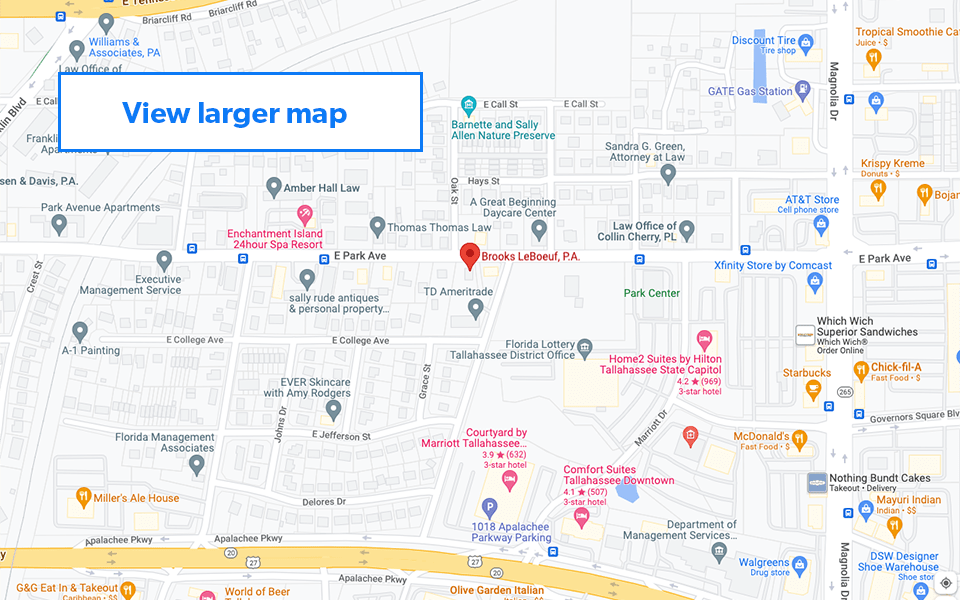Did you know that June is officially designated as World Elder Abuse Awareness Month, and June 15 is designated as World Elder Abuse Awareness Day? Created in 2006, the annual campaign underscores the plight of seniors experiencing abuse, neglect, and exploitation.
As an adult child of aging parents, you may experience role reversal. While you once counted on your parents for protection, they may now rely on you for the same. Although you want to keep them safe, it is not always possible. In fact, millions of older adults are victimized in America each year.
If your parents are older, you may be able to help them by learning the warning signs of elder abuse and how to address it. Let us go over some of them here in our blog.
- Look for different symptoms which vary depending on the mistreatment type. People who have been physically abused may have injuries that they brush off or that they do not want to discuss. Someone who has been verbally or emotionally abused may be withdrawn or distrustful.
- Be mindful of strange transactions. This can include something like abnormally large or frequent ATM withdrawals. These types of transactions may be evidence of financial exploitation. Unusual signatures on the older adult’s checks may also point to this sort of abuse. Financial exploitation may be to blame if the older adult who has regular income or savings is suddenly struggling to get by.
- Look for changes in appearance and personal care. An older adult being neglected by a caregiver may take on an alarming appearance including sunken eyes and visible weight loss. Additional warning signs include lack of proper hygiene, food, and clothing.
As the adult child of a parent experiencing elder abuse, you may feel helpless, anger, or both. You may want to take matters into your own hands, especially if the abusive caregiver is another family member. By doing so, you may be doing more harm than good. For instance, acting on the temptation to confront the abuser directly without the victim’s knowledge or consent can be dangerous. You could inadvertently put the elder adult in greater danger.
Do not be afraid to ask for help in addressing the situation if you do not think you can handle it alone. This is especially important if the alleged abuser is a family caregiver. If so, another relative who gets along with the older adult may be able to intervene. In a best case scenario, he or she will persuade the victim to report the abuse or find another caretaker.
The sooner you take action, the better. Early intervention generally leads to a better outcome for everyone. Seek out available resources. Various agencies and organizations throughout the state are dedicated to helping older adults and their families address elder abuse.
If a loved one has experienced elder abuse or you are worried a crime has been committed, our law firm can provide the legal support and advocacy that they need. You can learn more about how we can help by contacting us to schedule a free case evaluation today.


